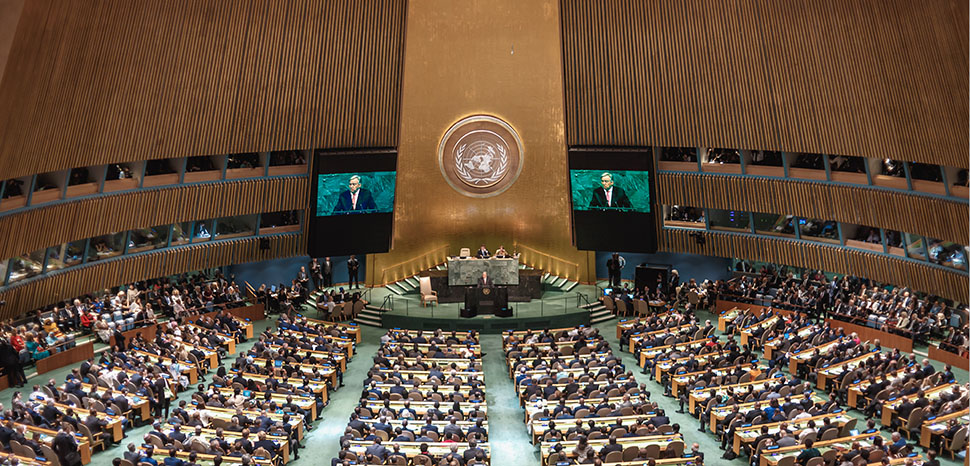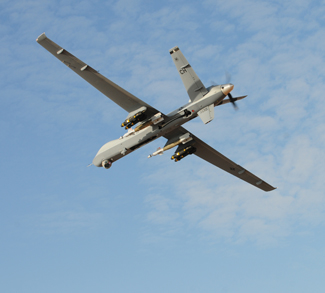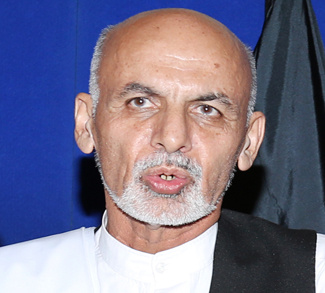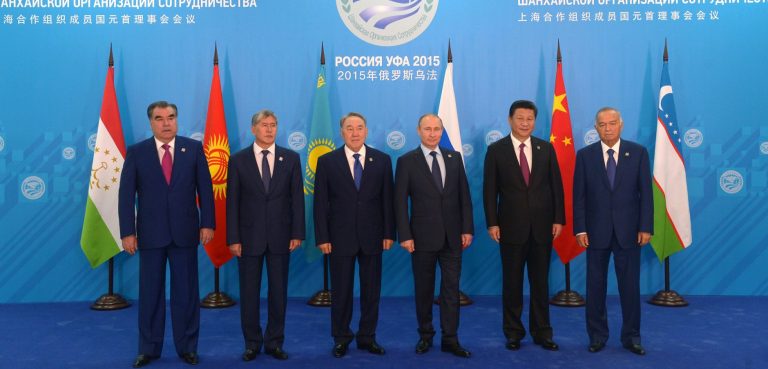When the Taliban returned to power in Afghanistan in 2021, the global community was genuinely perplexed about how to deal with this unwelcome development. A year later, the situation remains the same: the Taliban remains in power, it is not recognized by the international community (though some governments have established diplomatic relations), and Afghanistan is still regarded as a pariah state. There are obvious concerns that the country will become, once again, the headquarters for terrorist organizations from where they can launch operations abroad.
In this problematic and dangerous situation, few organizations continue to operate in Afghanistan; one is the UN Assistance Mission in Afghanistan (UNAMA). The support of Central Asian states has been critical for UNAMA to continue its operations during this challenging period. At the ongoing UN General Assembly, UNAMA’s work and the overall situation in Afghanistan must not fall through the proverbial cracks.
UNAMA in 2022
Established in 2002, UNAMA is a UN Special Political Mission “tasked with assisting the people of Afghanistan.” Since 2008, and following a directive by the UN Secretary-General, UNAMA has been an integrated mission. This means that UNAMA oversees “all UN agencies, funds and programmes, work in a multidimensional and integrated manner to better assist Afghanistan according to nationally defined priorities.” It is worth noting that, unlike most other UN missions, there are no UNAMA peacekeepers. Currently, UNAMA is led by Markus Potzel, Deputy Special Representative of the Secretary-General (Political), and Ramiz Alakbarov, Deputy Special Representative of the Secretary-General (Humanitarian).
UNAMA’s current mandate was established via resolution 2626 (2022), and the mission will expire on 17 March 2023 (it will likely be renewed). The Mission’s current objectives include providing good offices, support for the organization of future elections; support for gender equality and women’s and girls’ empowerment; the coordination and facilitation of humanitarian assistance; and support for Afghanistan’s development and governance priorities.
Kazakhstan and UNAMA
Since the return of the Taliban’s draconian laws and self-isolationist policies, in combination with the world cutting ties with the Taliban, the Afghan population’s suffering has increased. As the UN explained in March, “Afghanistan is trapped in a humanitarian crisis with 23 million people facing acute food insecurity. We need to act now to stop the situation from getting worse.” In addition, women and girls suffer due to the Taliban’s restrictions on female education and employment.
The situation became even more problematic due to recent catastrophic natural disasters. First, on 22 June, a 6.2 earthquake hit Southeastern Afghanistan and Western Pakistan. As a result, around 1,200 Afghans died, with more than six thousand injured and thousands of homes destroyed. Afterward, in August, massive floods killed almost 200 in Central and Western Afghanistan, not to mention significant infrastructure destruction. In other words, Afghanistan’s humanitarian crisis has worsened.
After the earthquake and floods, UNAMA led the international response to help Afghans in need, a complex task given that governments do not want to support, or be perceived as supporting, the Taliban. One country that reached out to help Afghanistan and the United Nations was Kazakhstan. In response to the latest crises, the Kazakhstani government sent tents, beds, bedding, dishes, clothes, and food to Afghanistan, to be distributed via UN agencies.
It is worth noting that the formal transfer of the donation was made in Termez, Uzbekistan, where the UN has a logistics center. During the delivery, Deputy Special Representative Alakbarov “highlighted the special role of Kazakhstan in reducing the negative impact on the residents of Afghanistan given the current conditions and the difficult social and political and social situation in the country in general.”
The Kazakhstani leadership is well-aware that a humanitarian crisis in Afghanistan is a regional problem. In October 2021, at a meeting of the Council of Heads of State of the CIS, President Kassym-Jomart Tokayev said, “Kazakhstan shares the position of the UN, and the difficult humanitarian situation in this country should be in the focus of the entire international community. Whatever our political views or personal convictions, we must not leave Afghanistan alone with its unprecedented difficulties.”
We must remember that while Afghanistan is geographically distant for Western readers, the country borders Central Asia (from the south), and regional governments continue to monitor the Afghanistan situation with concern. For example, in July, rockets were fired from Afghanistan and landed in Uzbekistan, though the Taliban has denied responsibility, while tensions between Tajikistan and the Taliban are well-known. Thus, working with the United Nations is a way for regional countries like Kazakhstan to help Afghanistan, which, ideally, will decrease the likelihood of future border incidents or terrorist attacks, or at the very least address a humanitarian crisis.
Kazakhstan has maintained a generally supportive attitude towards the United Nations. In 2021, following the Taliban takeover, UNAMA temporarily relocated to Almaty, Kazakhstan. In 2018, 120 Kazakhstan troops were deployed to the UN mission in Lebanon (UNIFIL). As of 31 May, Kazakhstan has sent eight peacekeeping troops and one staff officer to UNIFIL, and six experts to the UN mission in Western Sahara (MINURSO). While these contributions are minimal, they are still more in terms of numbers than fellow Central Asian nations.
Senior UN officials also regularly stop by Kazakhstan during tours across Central Asia. For example, Deputy Secretary-General Amina Mohammed met with President Tokayev during a visit to Kazakhstan in June. So far, Kazakhstan is the only Central Asian state that has joined the UN Security Council (2017-2018).
Final Thoughts
September is a busy month for the United Nations as the global body organizes its annual General Assembly. There is certainly a lot that needs to be discussed at the main forum and side meetings, such as the Ukraine war, the COVID-19 pandemic, concerns about Monkeypox, food security, supply chain problems, and climate change, to name just a few.
Hopefully, the situation in Afghanistan will not be overlooked. Just because major Western militaries have departed the country does not justify ignoring the sufferings of the Afghan people. Global leaders must monitor the situation in Afghanistan and conceive a strategy via which Afghans can be helped without supporting or validating the Taliban. UNAMA is an obvious agency that must be utilized and supported to achieve this type of goal.
As for Kazkahstan, during his 20th September remarks at the UN, President Tokayev noted that “Kazakhstan sees the future Afghanistan as a truly independent, neutral, united, prosperous state, living in peace with its neighbors. Therefore, we support the difficult process of nation-building in that country, including life-saving humanitarian assistance.” While the president did not mention UNAMA by name, the message is clear: a stable Afghanistan is a key objective for the country’s neighbors, and a Taliban-controlled Afghanistan cannot be solely Central Asia’s and the United Nations’ problem.
The views expressed in this article belong to the authors alone and do not necessarily reflect those of Geopoliticalmonitor.com




